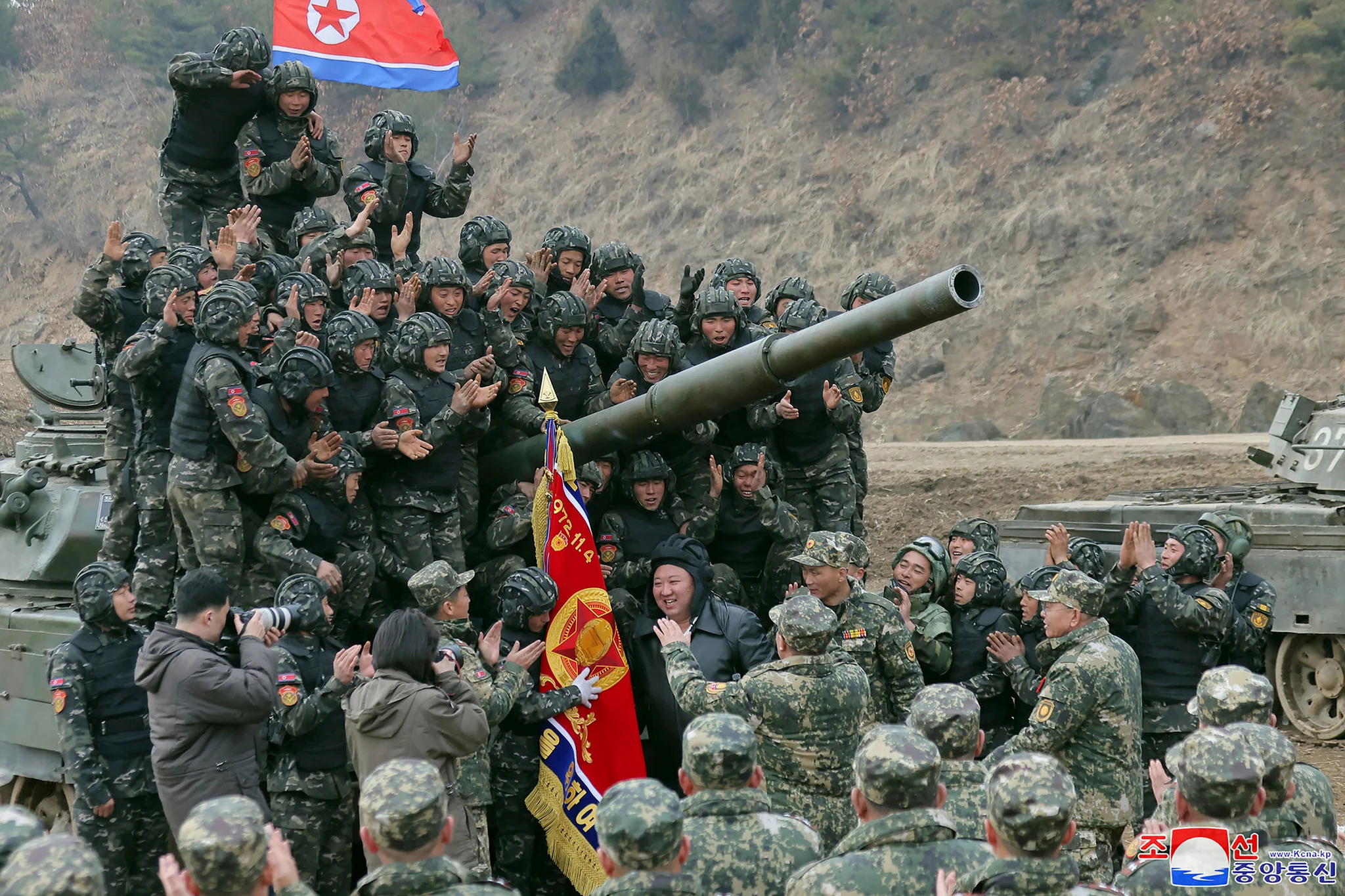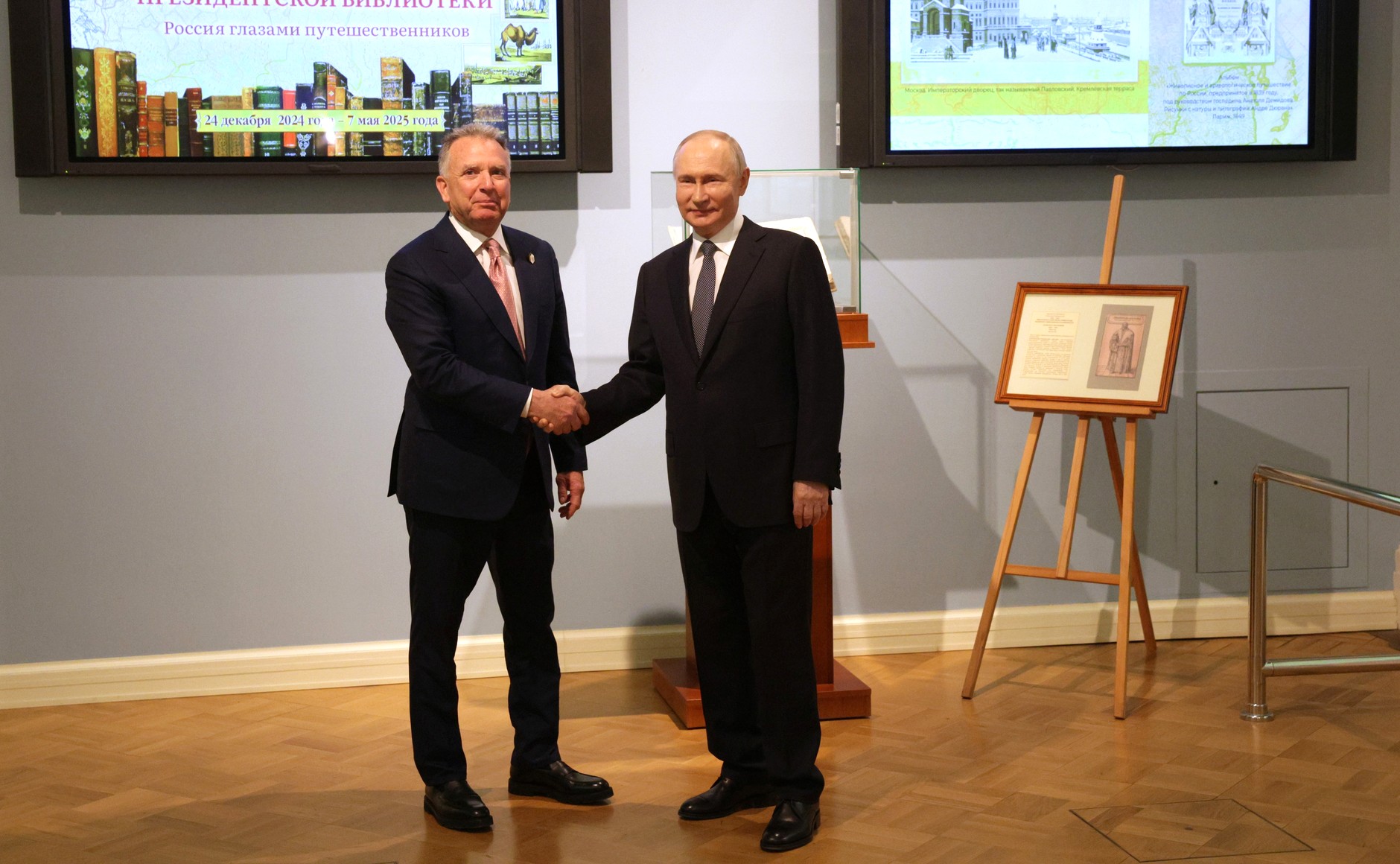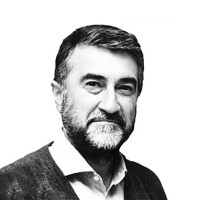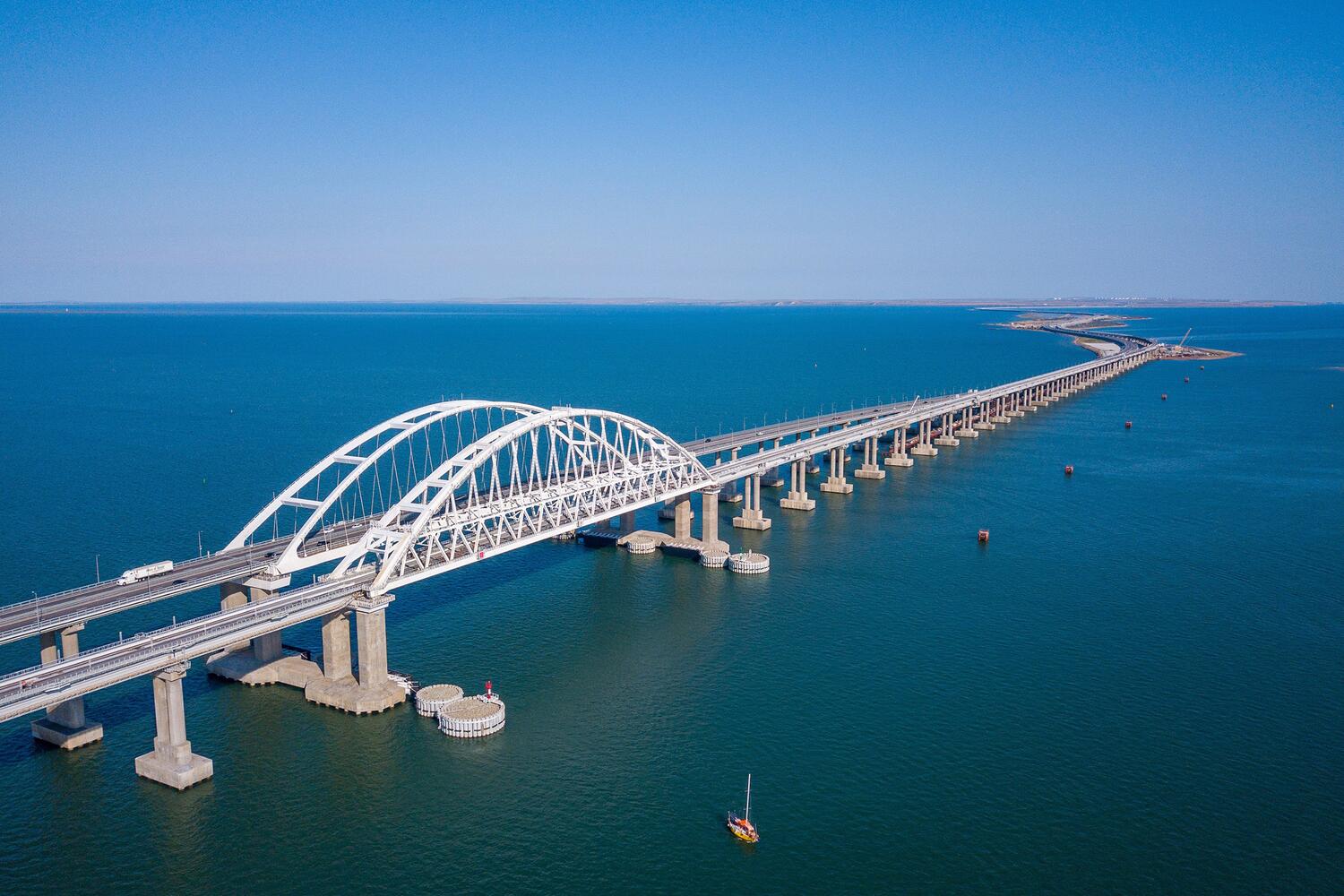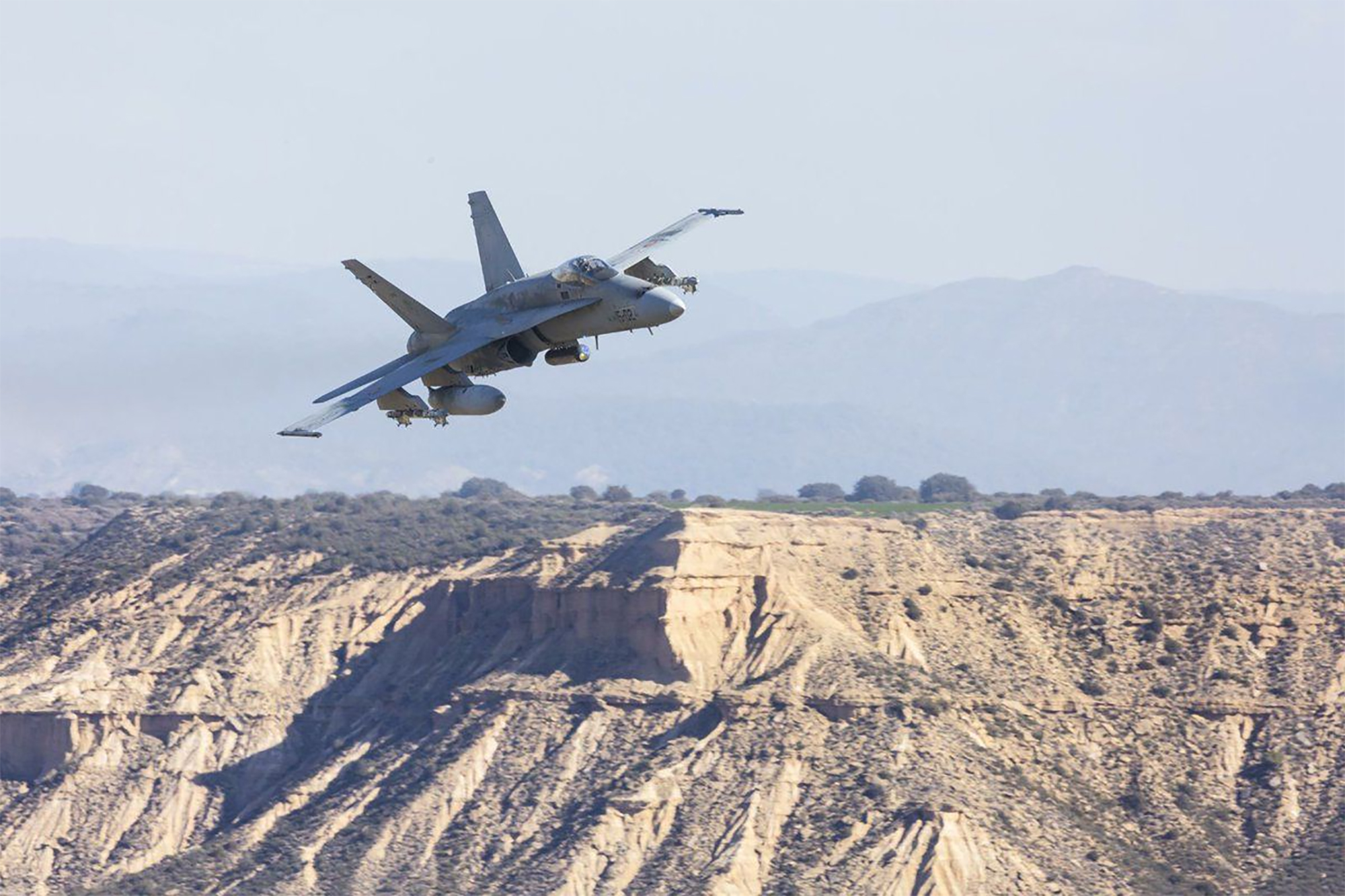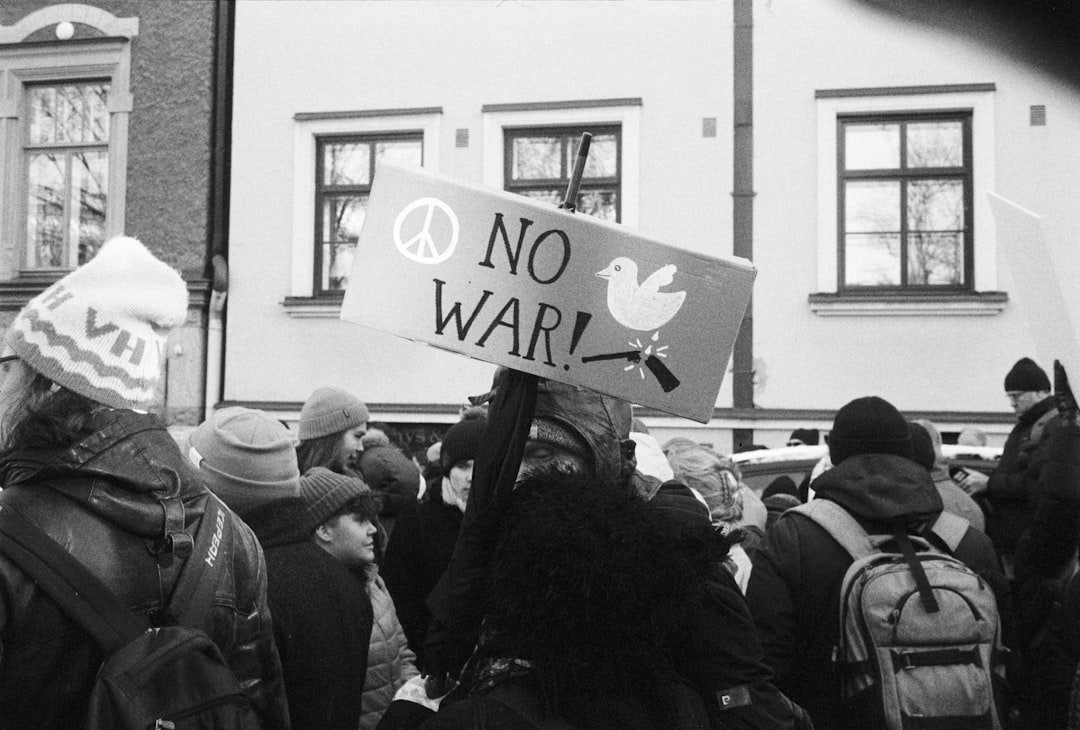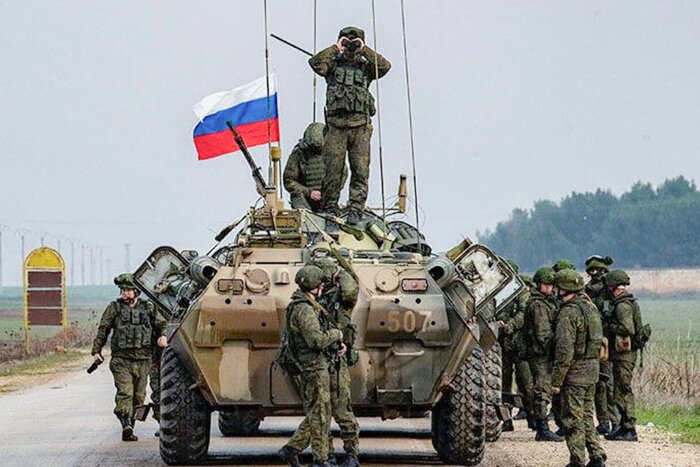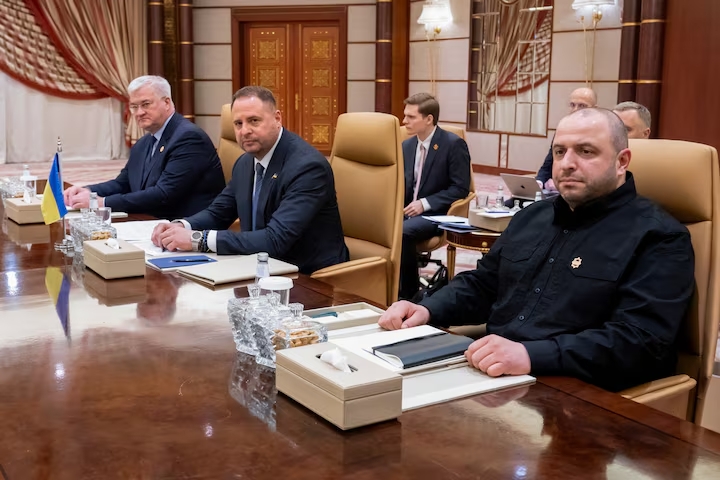EE.UU. says the Nord Stream attack was done by a Ukrainian group
- The New York Times (NYT) published last Tuesday the information that the attack on the Russian-German gas pipeline was channelled by a group of fans of Ukraine and Vladimir Putin.

Information refers to American intelligence data, but it doesn't specify what those sources are based on, what that group is, who makes it or who finances it. Several German media have announced these days that the team rented the yacht to attack in Poland and was composed of six people: captain, two divers, two mailbox assistants and a doctor. The yacht left the German port of Rostock on 6 September 2022 to the Danish island of Chiristiansø, near where the sabotage took place. They don't know the nationality of their commanders because the yacht charter did so with fake passports. The German Public Prosecutor’s Office also said on Wednesday that a ship was registered last January that was allegedly involved in the attack, but that the investigation continues and no more data can be given.
It should be remembered that the American journalist Seymour Hersh published in February a long report that blamed the government of EE.UU. As guilty of the attack, and the largest media in the West rejected the publication, including NYT, arguing that Hersh had only one source and was also anonymous. Hersh had to report the research on his website. Now, NYT hasn't given any information about the sources of the news it just published, it just mentioned the US Government and the intelligence services.
Doubts about authorship
The attack is being investigated by many governments and the media and, although by units, they continue to complete the information. For example, the Swedish Government is one of those working, and the chief prosecutor of the investigation, Mats Fljungqvist, answers when NYT asks him if he thinks that behind the attack are the Russians: “I have never thought that. It's not logical."
1982 US attack
According to the information we know so far, one of the most striking is the information and detail that Seymour Hersh offers about the attack and the lack of information from other media. In any case, even tracing the recent history, there are clues to the energy trade between Germany and Russia. According to journalist Rafael Poch on the Ctxt portal, in the summer of 1982 a software manipulated by EE.UU was sold to the USSR. which managed to drive gas to Germany through the USSR's tube management system.
According to Poch, the first major energy agreement between Bonn and Moscow was signed on 22 November 1981. At the time of the Cold War, the German Social Democracy made a great effort to promote détente with the USSR, and in that context we must understand that gas agreement. However EE.UU. He has never liked this energy relationship, and Chancellor Helmut Schmidt of the then German Government was under strong pressure not to sign the agreement. The American soldier also threatened to withdraw from Germany by offering American liquid gas in exchange. In vain, the agreement went ahead. This is where the history of the 40 years of relationship between Germany and Russia in the gas trade begins. Poche notes that this first sabotage of 1982 was explained in his memoirs by Thomas Reed, a member of the US Security Council.
The United States is always against that energy relationship.
Russian gas sales to Germany have continued for four decades. This first Siberian gas pipeline in 1982 is there, but studies of the Nord Stream I pipeline, which ended in 2011, began in 1997 and the US has always been opposed. Poch's article contains a series of testimonies that have been representative of this in recent years. In 2019, for example, Rand Corporation, the most important think tank in the Pentagon, published a report in which, as 40 years ago, it was recommended to “suspend” Nord Stream 2, because these pipelines meant revenue for Russia. Mike Pompeo was then US Secretary of State and said, “We will do our best to ensure that this pipeline does not threaten Europe.”
Subsequently, statements were made by many other leaders against the Nord Stream pipeline. The second tube began to be built in 2018 and ended in 2022, but after the Russian invasion of Ukraine, Germany paralysed its opening. In 2021, Republican Senator Tom Cotton of Arkansas stated that “there is a time to stop Nord Stream 2, to remove it and to rust under the waves of the Baltic.” Eight months later, Jake Sullivan, Security Council advisor, took the turn: “We have made it clear to the Russians, if they enter Ukraine more, the pipeline will be in danger.” And a few days later, Republican Senator Ted Cruz addressed the issue: “You have to stop this pipeline and use all the means to keep it from working.”
But the most prestigious statements were made by Joe Bide’s own president on 7 February, at a joint press conference with German Chancellor Olaf Scholz: “If Russia invades Ukraine, there will be no Nord Stream 2, we will end”. A German journalist asked him how they were going to do it, given that it was also a German infrastructure, and so he insisted on Biden: “I want to be very clear, if Russia invades, in one way or another Nord Stream 2 will not move forward.” And next to him was Chancellor Schotz, like today, in silence. It's not easy to understand that silence, but it's certainly very expressive. The world is used to seeing America's attacks on its rivals, but not on attacks on its allies.
Declarations after the explosion
On 26 September 2022, the Nord Stream pipeline and former Polish Minister of Defence and Foreign Affairs, Radek Sikoski, published the tweet “Thanks to the US”. On 27 September, the authorities of Poland, Norway and Denmark took part in the opening ceremony of the new gas pipeline between Norway and Poland, in which Antony Blink, US Secretary of State, stated that "the destruction of Nord Stream 2 is an excellent opportunity to end Russia's dependence on Russia". Besides being much more expensive, there are significant energy losses in liquid-gas gasification processes.
Ukrainaren ondoren Polonia?
Europar Batasunak Ukrainako gerra hauspotu du Kiev armaz hornituta, eta menia oraindik airean delarik, gerraren zikloan murgilduta dago bete-betean. Hori bai, bere diskurtsoa modulatzen ari da, eta gero eta gehiago hitz egiten du balizko su-etenaz... [+]
The causes of the initial war in Ukraine are not only those that were explained to us, because there are other reasons. Russia said it had to take a step in the defense of Ukrainian Russian speakers, while the Ukrainian government had to confront the Russian army in order to... [+]
Etxe Zuriak bi komunikatu igorri ditu, Itsaso Beltzeko su-etena eta energia azpiegituren aurkako bi aldeen erasoen amaiera hitzemateko.
“Ez dugu gerraren aurrean etsi nahi, ez dugulako hilerrietako bakea nahi”, dio manifestuak, eta agintariei irtenbide politiko baten alde lanean jartzeko eskatu diete. Sinatzaileen artean daude Delàs institutua, Gernika Gogoratuz edo Ongi Etorri Errefuxiatuak... [+]
Defentsarako gastua handitzeko Europako herrialdeen apustuaren atzean, asko dago propagandatik, eta askoz gehiago interes ekonomikotik. Kontrakoa sinetsarazi diguten arren, XVIII. mendean Ingalaterran Industria Iraultza jaio zenean, armak eta gerra izan zituen oinarri, eta ez... [+]
Telefono bidez eginiko bileran, bi agintariek adostu dute Moskuk ez diola erasorik egingo Ukrainako azpiegitura energetikoari hurrengo 30 egunetan. Ukrainak eta Errusiak 175na preso askatu beharko dituztela iragarri dute, baina ez noiz.
Europa mailako ekimen kolektibo batek bakearen, irtenbide diplomatikoen eta armagabetzearen aldeko manifestua idatzi eta sinadura bilketa hasi du. Manifestuak dioenez, intelektualak, herritarrak bezala, “anestesiatuta daude”. Europako agintarien jokamoldea, NATOren... [+]
Vladimir Putinek interesa agertu du AEBek eta Ukrainak adostu duten 30 eguneko menia epeaz, baina zalantzak ere plazaratu ditu. Funtsean, ez du presarik erakutsi akordioa sinatzeko eta denbora gehiago eskatu du zalantzok argitu ahal izateko.
Mikel Jauregi Industria sailburuaren ustez, euskal enpresek “lan ona” egin dezakete Europaren “segurtasun estrategia babesten”. Eusko Jaurlaritzako bozeramaile Maria Ubarretxenak, berriz, berrarmatze asmoek “aukera berriak” ekar ditzaketela... [+]
Saudi Arabian elkartu dira AEBetako eta Ukrainako ordezkariak, eta zortzi ordu iraun duten negoziazioek fruitua eman dute. Etxe Zuriak Ukrainarentzako laguntza militarra berrabiaraztea erabaki du.
Europar Kontseiluak onartu du Ursula Von der Leyenek gastu militarrean proposatu duen 800.000 milioi euroko gastuarekin aurrera egitea. Horretarako bi arrazoi nagusi argudiatu ditu: Errusiari aurrea egitea eta Europar Batasunak aurrerantzean bere burua AEBen babes militarrik... [+]








